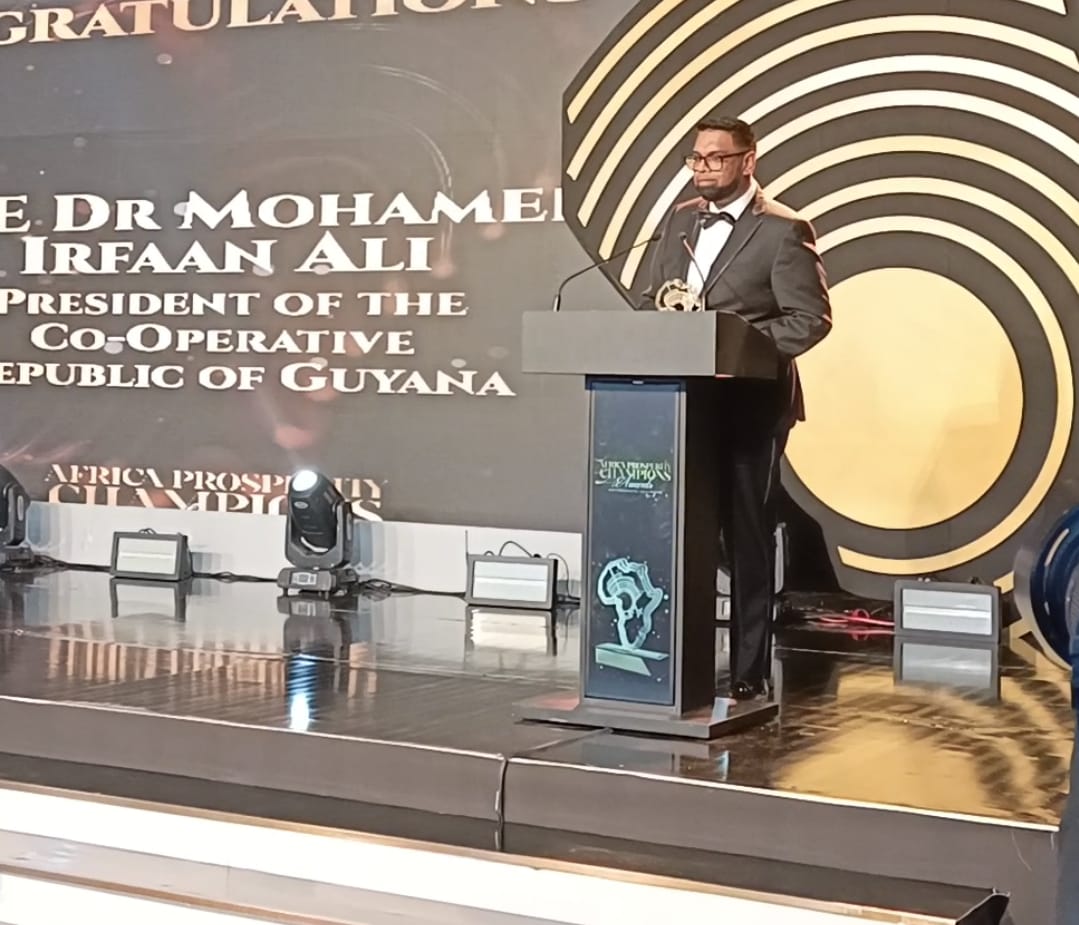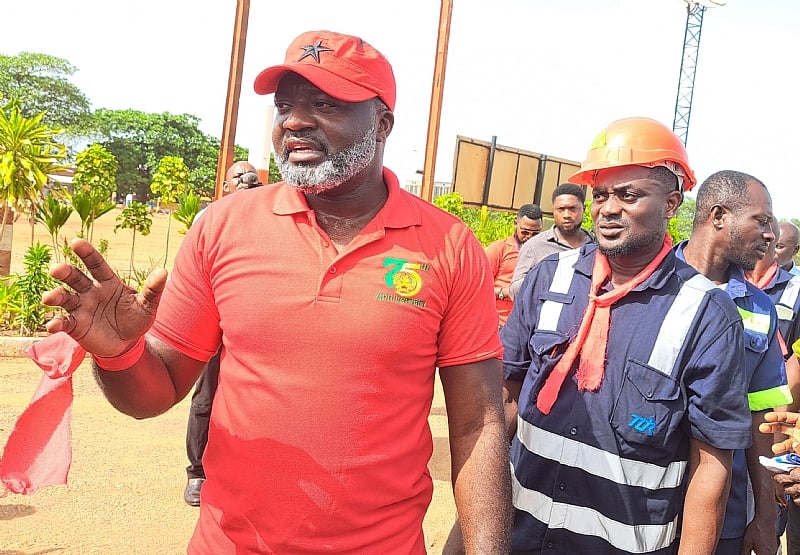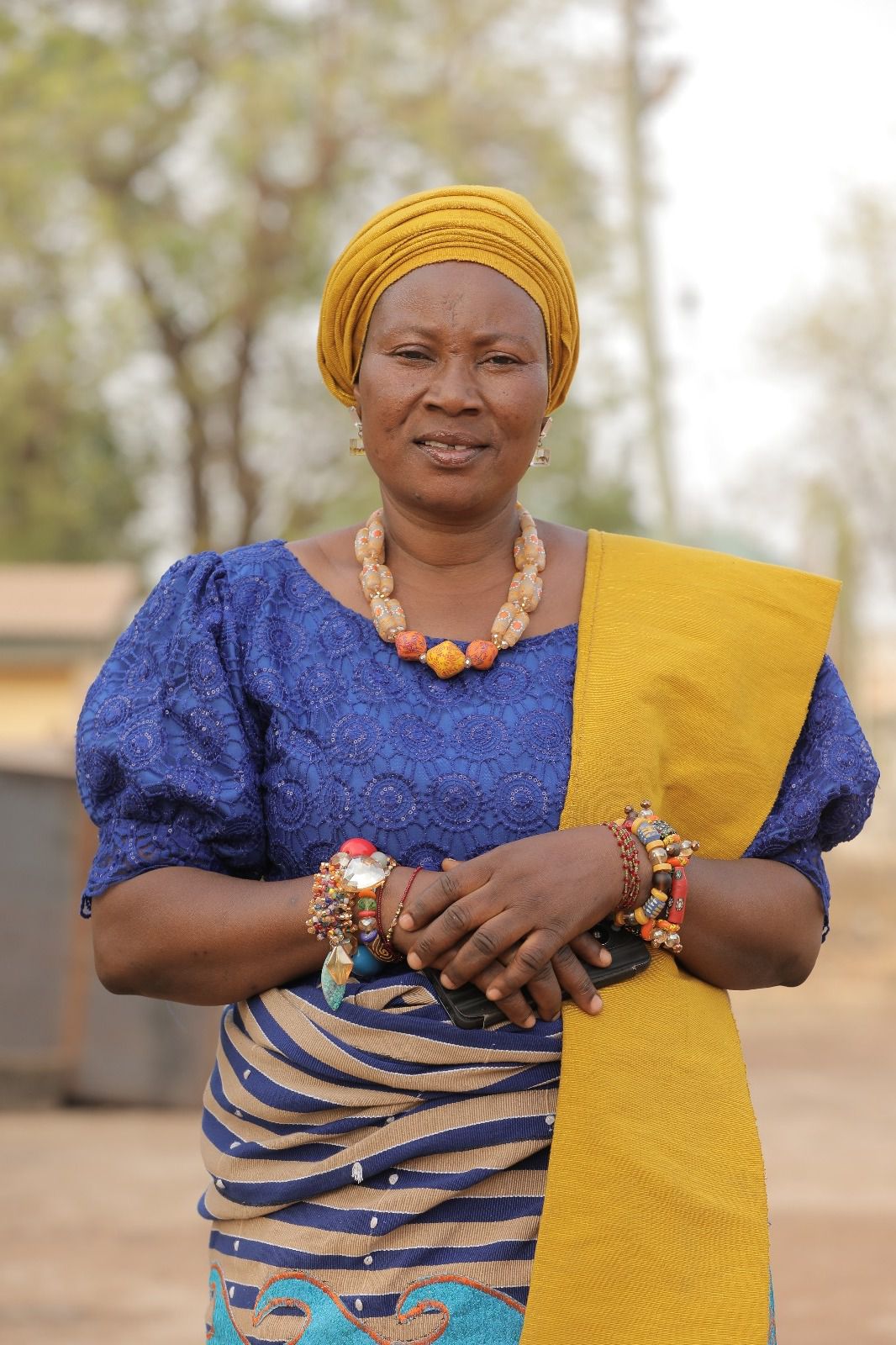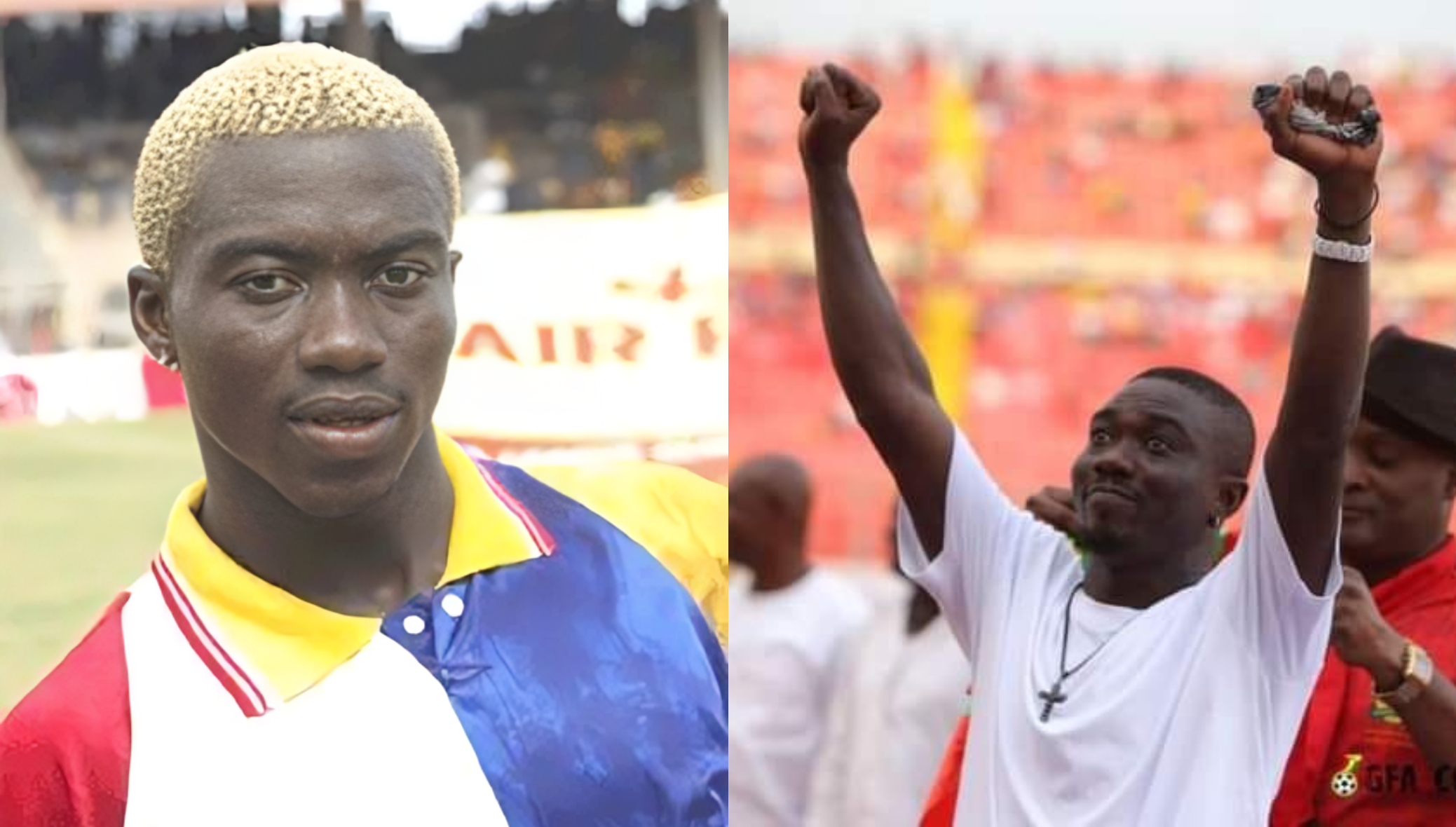
The John Mahama-led National Democratic Congress administration has officially launched its laudable healthcare policy, the Ghana Medical Trust Fund, also known as the MahamaCare initiative, promised during the 2024 election campaign.
According to the government, the MahamaCare policy will focus on providing financial support to individuals struggling with chronic and debilitating illness, aiming to ensure fair access to healthcare.
Chronic diseases have become a topical public health concern in Ghana, as they significantly affect the quality of life for millions and suffocate the already asthmatic healthcare system.
This situation makes every effort by any government to improve the quality of healthcare commendable, especially one that removes financial barriers.
It is, however, our opinion that, while the vision is to improve the quality of healthcare by tackling financial inequalities, it is important to do away with duplicities, but synchronising similar initiatives for consistent impact.
Here, we are asking whether the National Health Insurance Scheme introduced by President Kufuor and the MahamaCare initiative could be merged to have one national ownership in the health sector. Possibly be called the Ghana Universal Healthcare policy.
While the Ghana Medical Trust Fund’s objectives are laudable and responsive to the healthcare needs of Ghanaians, the branding of the policy as ‘MahamaCare’, as we noted in our previous editorial, raises critical concerns about partisanship, policy sustainability and national ownership.
Considering the political landscape in our country, where successive governments often discard or rebrand their predecessor’s initiatives, which we again raised in our previous editorial, naming a national policy after a political figure, though the vision bearer, may undermine its longevity.
We reiterate that over the years, governments often fail to continue the policies of their predecessors, particularly when those policies are seen as partisan achievements.
In such an environment, branding a national health programme with the name of the president may alienate political opponents and reduce the likelihood of the policy being sustained if power shifts to another political party.
We have seen this play out abroad. In the United States, President Barack Obama’s landmark healthcare policy called the Affordable Care Act, popularly known as ‘Obamacare’, became so politically affected.
It faced relentless attacks and dismantling attempts by his successor, President Donald Trump, who did not just oppose the policy; he sought to replace it entirely with what his administration dubbed Trumpcare.
Even President Joe Biden’s administration preferred subtle rebranding and reforms, occasionally using terms like Bidencare.
The lesson makes it clear that policies named after political leaders easily become battlegrounds for ideological and partisan warfare rather than enduring national assets.
Fortunately, our nation has examples of policy initiatives that have transcended political divisions because they were not personalised.
The National Health Insurance Scheme, School Feeding Programme and Free Senior High School have been embraced by governments across the aisle, because their names and branding reflect national aspirations rather than individual legacies. These programmes are more difficult to politicise precisely because they carry national, not partisan identities.
We are not saying that naming the policy after President Mahama breaches any constitutional provision. It is our position, instead, that national policies should bear neutral and functional names that reflect their purpose.
Already, the Minister for Education, Haruna Iddrisu, had indicated that the government would initiate processes to change all public universities named after persons by former President Akufo-Addo.
Would it be right for the next NPP government to either rename the MahamaCare policy or abandon it because its success projects an individual and his political party?
Maybe it is time for Parliament to enact legislation establishing non-partisan processes for naming public policies, programmes and institutions with the view of ensuring national cohesion and integration.
The name of the seat of the nation’s presidency, Jubilee House, is a clear case study. After the Indians donated it to us under President Kufuor to commemorate Ghana’s 50 years of independence, Kufuor did not put his name on it, but what did we see when power changed?
Jubilee House was renamed Flagstaff House, though the building called Flagstaff House is different from Jubilee House. That building, which shares a wall with Jubilee House, is still there. We have to check the names we give to policies with national connotations.
The post Editorial: Mr President, The Name ‘MahamaCares’ Is Too Political II appeared first on The Ghanaian Chronicle.
Read Full Story















Facebook
Twitter
Pinterest
Instagram
Google+
YouTube
LinkedIn
RSS